The most shocking result in World Cup history wouldn’t have been possible without El-Hadji Diouf.
These days, the Senegal legend might be maligned – invariably – as a Liverpool flop, a shameless attention-seeker or, as Neil Warnock once opined, a "sewer rat".
However, once upon a time, the dazzling wideman appeared to have the world at his feet.
Senegal’s 1-0 victory over France in the opening match of the South Korea-Japan 2002 was scarcely believable for several reasons.
The Teranga Lions were making their debut in the tournament, and had precious little footballing heritage or standing beyond Africa. Even on their own continent, they’d never before reached the Nations Cup final.
Ahead of Senegal's opening match against France, speaking in the ITV studio, England great Paul Gascoigne claimed he had "never heard of" the country.
"It’s in Africa, Paul," Des Lynam dryly replied. “Always has been.”
Yet by the end of their World Cup opener, everyone knew exactly who Senegal were – Diouf made sure of that.
Not only were the Lions making their tournament debut, but they were also – on paper – a fairly unremarkable side.
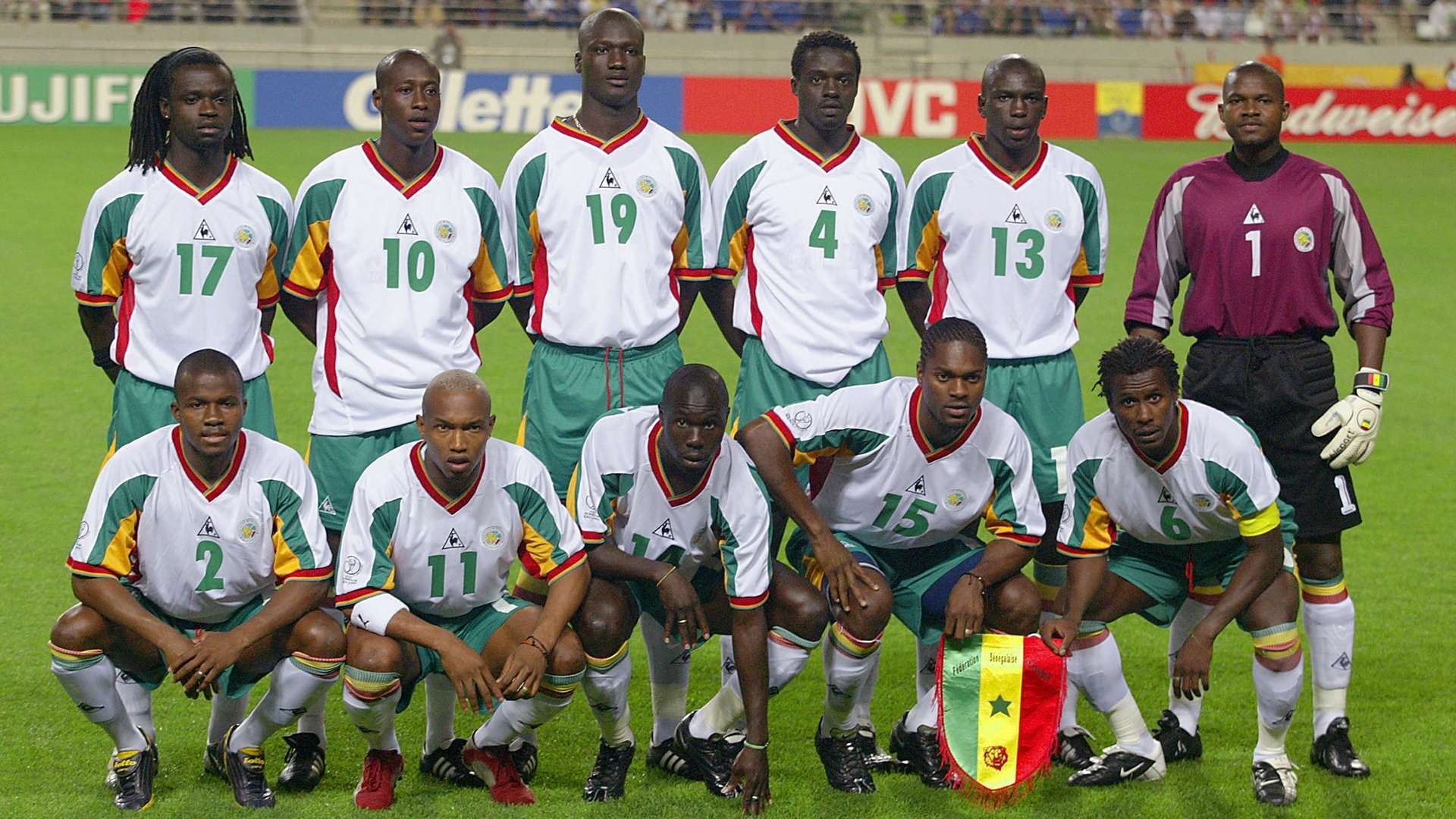 Getty
GettyExcept for the two reserve goalkeepers, all of the players plied their trade in France, and many of them were in the midst of journeymen careers.
Even their head coach, the late Bruno Metsu, had a patchy record in management, having lasted less than eight months in charge of Lille, and only a little longer at Valenciennes before embarking on an African sojourn, initially with Guinea.
In the other corner, was the mighty France, a squad dripping with talent and with layers upon layers of the kind of experience and success that Senegal couldn’t begin to match.
Les Bleus entered the 2002 World Cup as hot favourites, having clinched their maiden World Cup title on home soil four years earlier, and then defeated Italy in the Euro 2000 final to claim top continental honours as well.
In the intervening years, Thierry Henry had matured into one of the world’s finest forward, Zinedine Zidane was at the peak of his powers, and Arsenal pair Patrick Vieira and Emmanuel Petit forged a world-class engine room.
However, beneath the gleaming veneer, this was a France team with several deep-lying concerns, several of which were exploited mercilessly by Diouf and Senegal.
The loss of the outstanding Robert Pires to injury denied Les Bleus a key offensive weapon, while Zidane was also ruled out of the opener in Seoul after suffering a thigh tear in a pre-tournament friendly.
Then there was the defence, which, while crammed with legends of the game, had begun to show its age.
Centre-back pairing Marcel Desailly and Frank Leboeuf may have seen off Ronaldo and Brazil to win the World Cup in Paris, but by 2002, they had a combined age of 67, and there was a genuine concern they’d struggle against Senegal’s sprightly forwards.
‘Struggle’ proved to be an understatement.
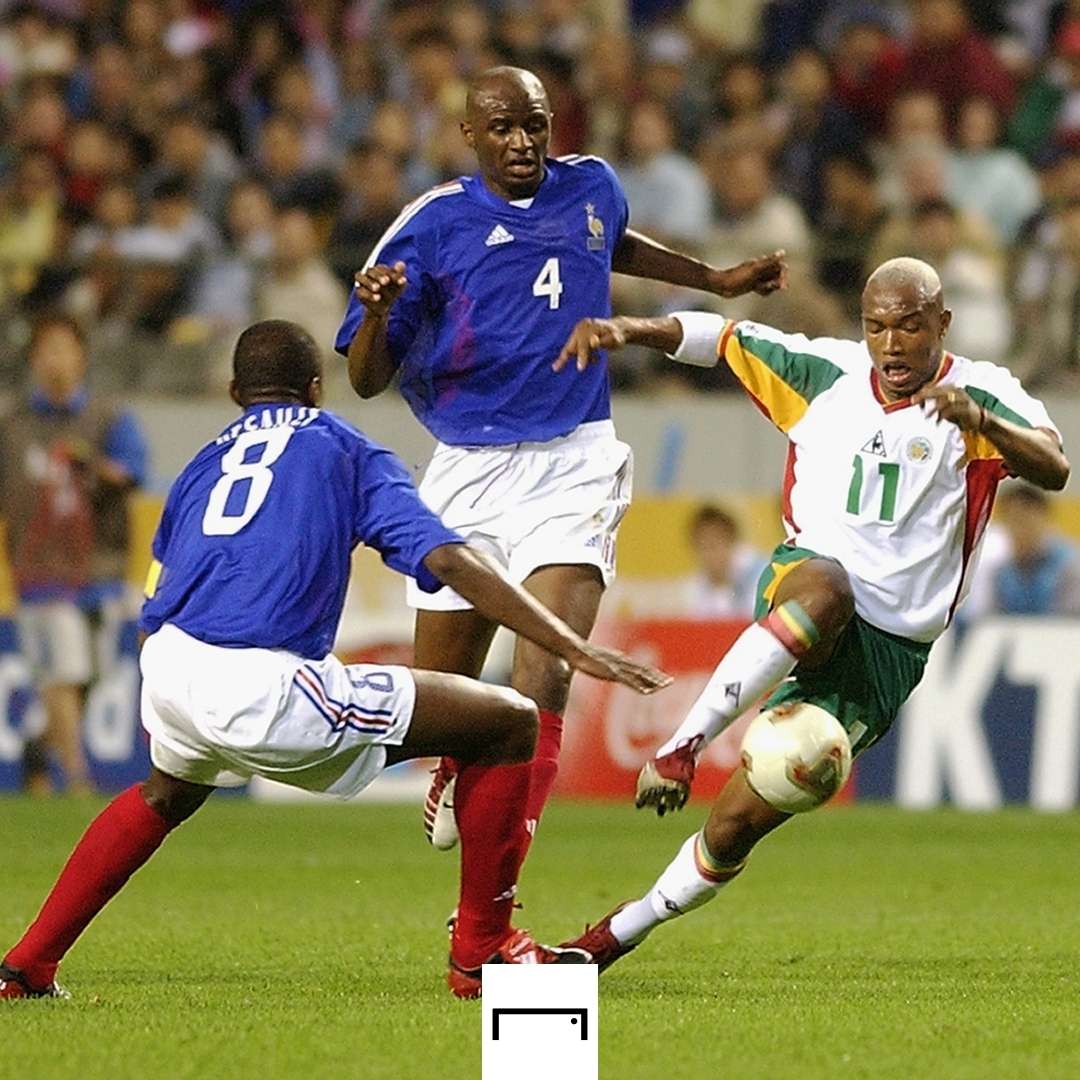 Getty/GOAL
Getty/GOALDespite the context and the occasion, the Lions appeared largely unfazed by the challenge ahead of them, fortified by the fighting spirit and unity that Metsu had cultivated during the qualifying campaign and Nations Cup earlier that year.
Nevertheless, Diouf was acutely aware of the scale of the clash.
“If we can get a result in that game,” he said, “what happens in the rest of the matches won’t really be as important.”
During the early exchanges, it was clear that Senegal were not to be intimidated.
As the rain made a glistening pitch even slippier, current Lions head coach Aliou Cisse clattered into Henry, while Diouf took only five minutes to isolate Desailly in a wide area, bypass him easily, before crossing for Khalilou Fadiga to fire at Fabien Barthez.
It was a window into France’s downfall, as Les Bleus visibly panicked whenever Diouf took possession and had little response to his directness.
Just over 10 minutes into the contest, he drew a foul from Leboeuf, and moments later, appeared to have broken in behind, only to be flagged for offside.
France had chances of their own, with David Trezeguet missing two decent opportunities in quick succession, but the champions were unsettled, and Diouf again humbled Desailly before misjudging the offside line when the ball was fed back through to him.
Less than half an hour in, there would be no escape for France’s ageing defence, as Diouf again caught out Leboeuf before crossing dangerously.
Petit and Barthez – who was really struggling with the wet conditions – made a mess of the attempted clearance, and Papa Bouba Diop slid in to touch home the most famous goal in Senegal’s football history.
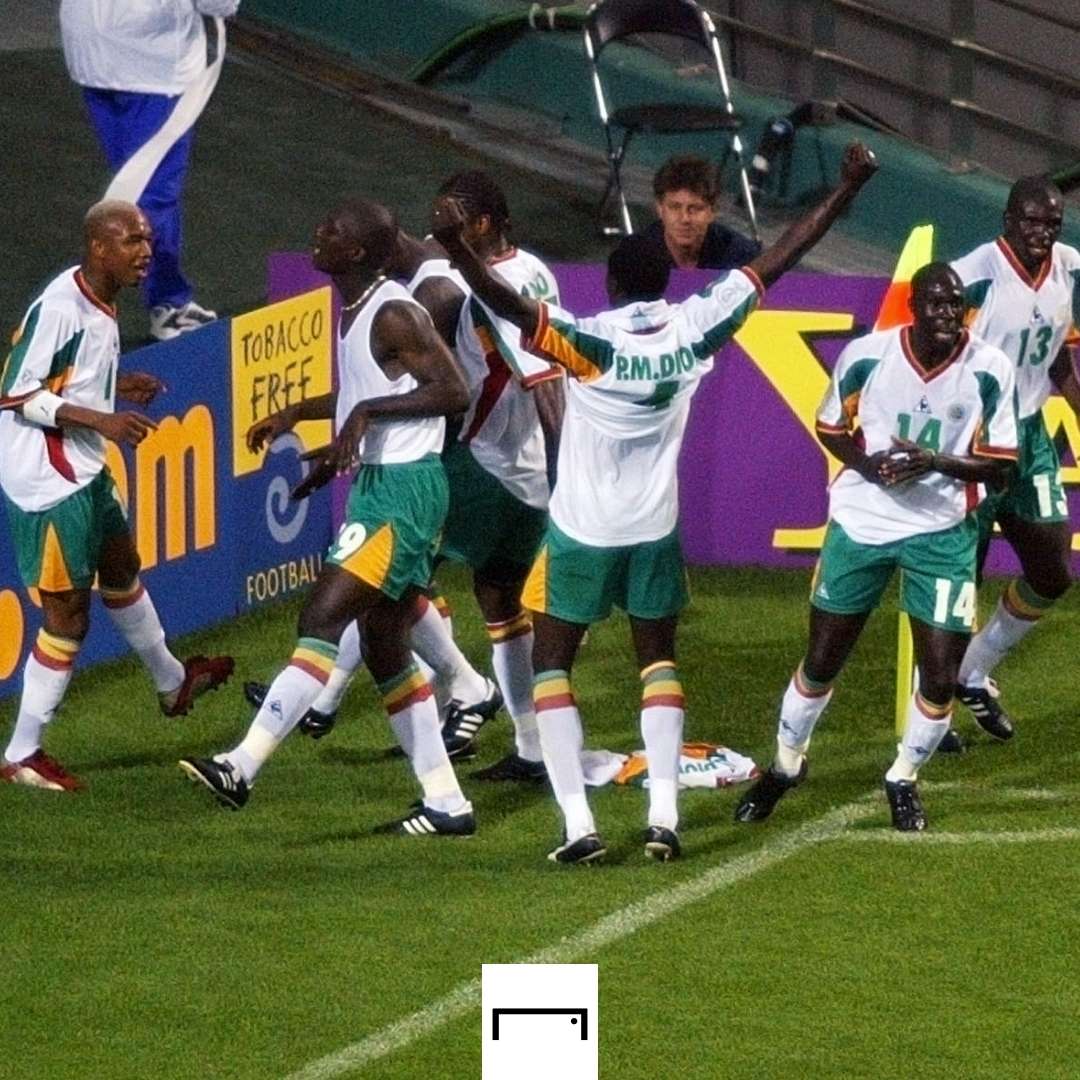 Getty/GOAL
Getty/GOALDiop’s winner, and his iconic celebration, became the defining images of that success – and even Senegal’s subsequent run to the quarters – but the Lions’ place in history owed much to Diouf’s twinkle toes and his lightning pace, preventing France from settling and consistently probing that statuesque backline.
It’s unfortunate that Diouf’s failure to recreate his explosive World Cup impact at Liverpool and his litany of controversies have overshadowed his legacy, at least beyond Africa.
The 'Serial Killer', as he was nicknamed, won back-to-back African Footballer of the Year awards – only the second player in history after Abedi Pele to achieve this feat – putting him in elite company alongside Samuel Eto'o, Mohamed Salah, Yaya Toure and Sadio Mane.
In the season before South Korea-Japan, he was part of a Lens side that finished runners-up in Ligue 1 to Lyon, with the attacker scoring 10 goals in 26 outings, and would go on to make the World Cup Team of the Tournament after further big contributions en route to the quarter-finals.
Despite generating controversy for spitting at fans of West Ham United, Celtic and Middlesbrough, as well as Portsmouth captain Arjen de Zeeuw, it’s to Diouf’s credit that he did knuckle down and win over managers such as the demanding Sam Allardyce and even Warnock, who would later rebrand the forward a "matador" after signing him for Leeds United.
Nonetheless, he couldn’t quite shake the bad boy image, which, during the last decade of his career, stuck to him more tightly than the memories of that summer in 2002.
Still, in the fullness of time, Diouf’s reputation has come full circle, and he’s now perceived as one of the elder statesmen and true living legends of the African game.
For his contribution to the World Cup’s greatest ever giant-killing, he will always be remembered.
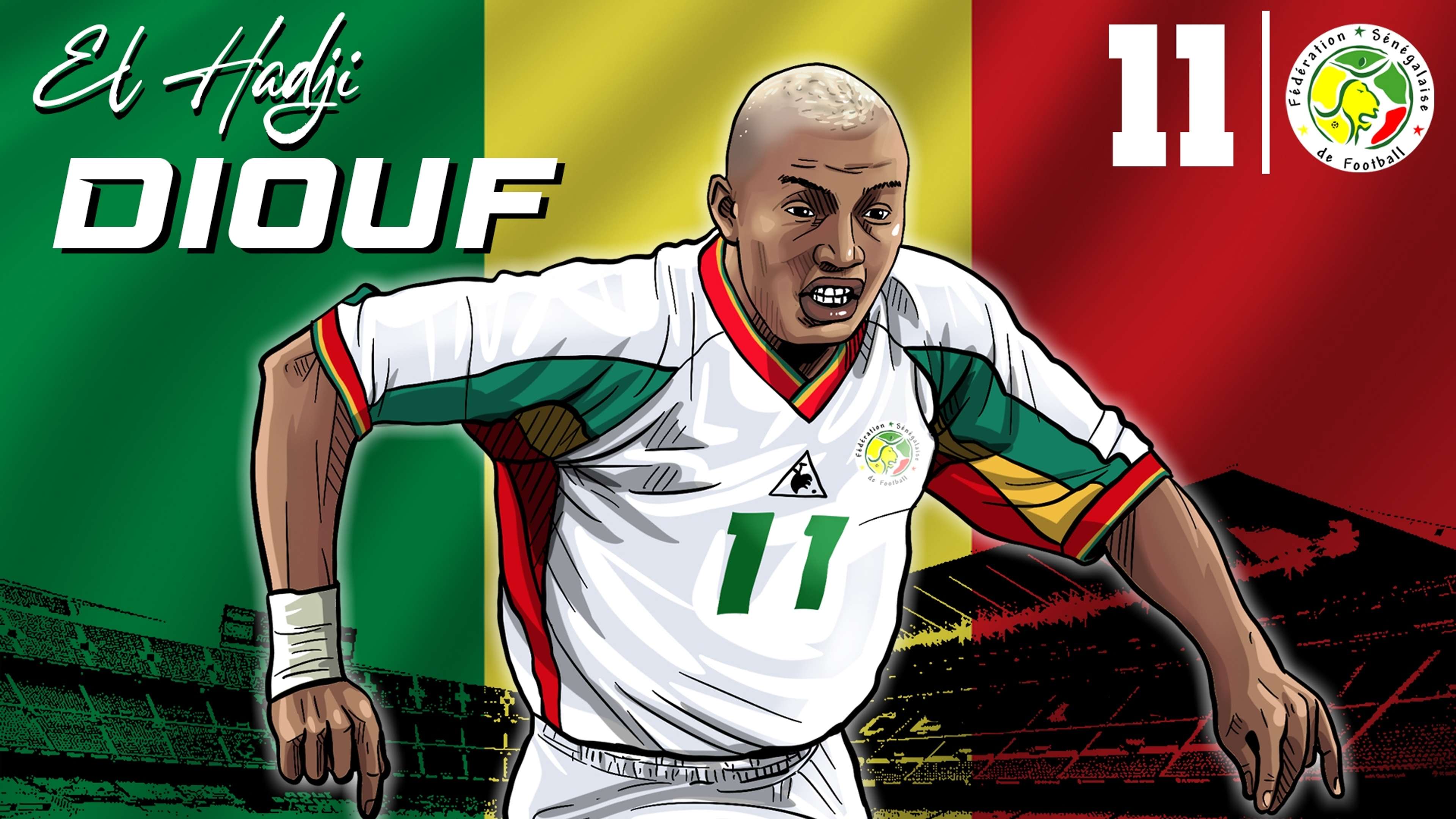
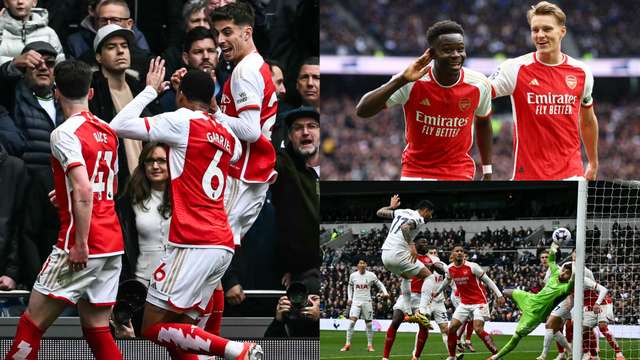

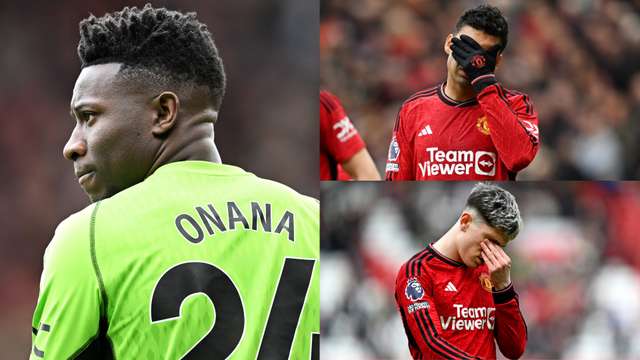
.png?auto=webp&format=pjpg&width=640&quality=60)